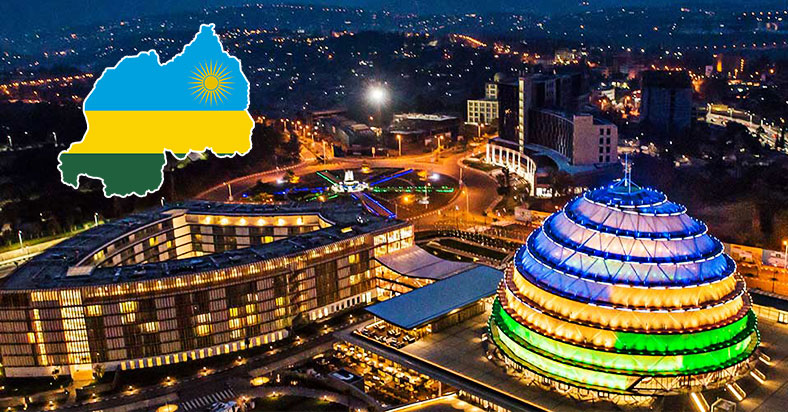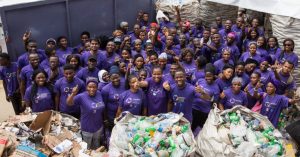Key Developments
Rwanda Launches Africa's First Center for Fourth Industrial Revolution

The Rwandan Ministry of Information Communication Technology and Innovation, alongside the World Economic Forum, launched the Centre for the Fourth Industrial Revolution (C4IR) in Rwanda, marking a first for the African continent.
C4IRs are hubs for shaping technology governance policies and strategies.
This network allows for agile implementation and adaptation through collaboration between national and sub-national centers.
Rwanda’s C4IR will prioritize data governance, artificial intelligence (AI), and machine learning.
President Paul Kagame, officiating at the opening ceremony, highlighted Rwanda’s ongoing investment in science and technology.
He expressed hope that the C4IR would leverage this foundation to make the Fourth Industrial Revolution an inclusive force, tackling pressing global challenges.
World Economic Forum Founder and Executive Chairman Klaus Schwab, participating virtually, emphasized the importance of Africa shaping the future of technology governance.
He believes the C4IR will usher in a new era for Rwanda and the continent, underlining the significance of innovation and entrepreneurship in the Fourth Industrial Revolution.
Børge Brende, World Economic Forum President, delivered the keynote address. He emphasized the C4IR network’s role in guiding leaders to anticipate, understand, and shape technological advancements for human-centered outcomes.
C4IR Rwanda will collaborate with global stakeholders to design and pilot innovative approaches to technology governance within the country, promoting responsible and inclusive advancements.
C4IR Rwanda has already played a key role in developing Rwanda’s data protection and privacy legislation, while co-designing its national AI policy.
Several pilot projects are underway with the private sector, focusing on AI applications in healthcare and exploring responsible scaling and governance.
One such collaboration involves integrating the World Economic Forum’s Chatbots RESET framework. The Rwanda AI Triage pilot, led by Babylon, a global healthcare company, has adopted this framework to manage over 4,000 daily medical consultations via call centers.
Related Articles
Register Now
Empower Africa Times Newsletter
Share :
You may also like...

South African Logistics Startup Pargo Secures $4 Million to Expand E-Commerce Logistics Network into Egypt
South African e-commerce logistics firm Pargo has secured $4 million in funding to fuel its expansion into Egypt, where it has introduced over 500 “Pargo Points” to enhance delivery options.

Norfund makes the first two landmark direct investments in plastic recycling in Africa in Nigeria and Ghana
Norfund, the Norwegian Investment Fund for Developing Countries, has announced its first-ever direct investments in plastic recycling initiatives in Africa

Egyptian Fintech Startup Palm Secures Pre-Seed Funding to Boost Smart Savings
Palm, a financial technology startup based in Egypt, has completed its pre-seed funding round.
